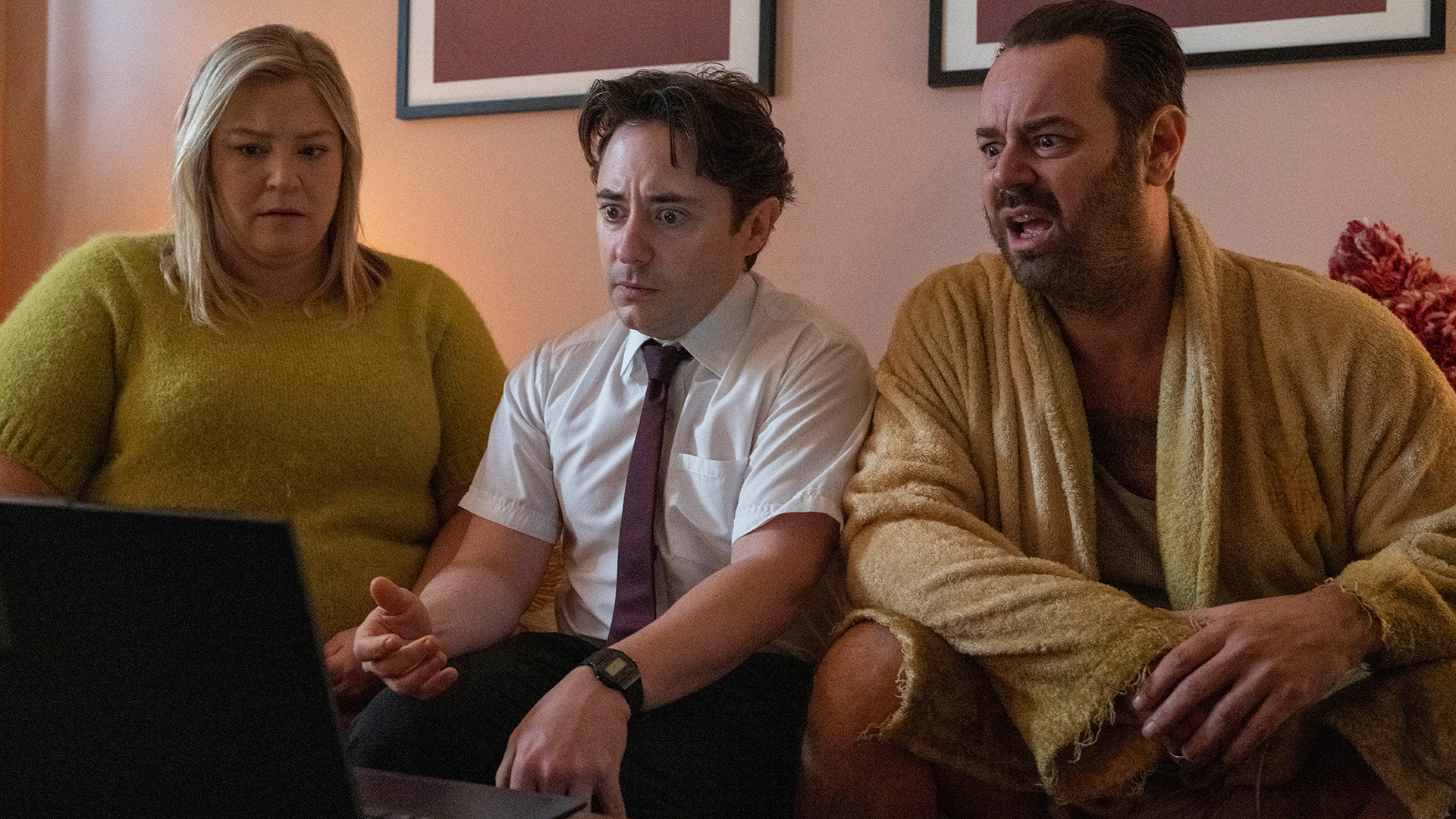Murnaghan Interview Lord Fowler, former Health Secretary
ANY QUOTES MUST BE ATTRIBUTED TO MURNAGHAN, SKY NEWS
DERMOT MURNAGHAN: Tomorrow is World AIDS Day if you didn’t know already and this year the campaign is marking 30 years since the discovery of what causes AIDS. In 1984 scientists discovered a retrovirus called HTLV3, it was later renamed the shorter HIV, so what process is being made in the fight against AIDS and is it losing attention to other diseases such as Ebola? Well Norman Fowler, now of course Lord Fowler, is a former Conservative cabinet minister and he was Health Secretary in Margaret Thatcher’s government at the time of the AIDS education campaign which launched way back now in the 1980s and a very good morning to you, Lord Fowler.
LORD FOWLER: Good morning.
DM: Let me pose that question to you, do you think for the moment anyway that Ebola has taken more attention than the fight against AIDS globally?
LORD FOWLER: Well it undoubtedly is at the moment. I think it’s more serious than that, I think that HIV and AIDS has gone off the agenda, it has certainly gone off the agenda in Britain and the usual thing that people say to me is, is it still a problem? Of course it still is a problem and we’ve just got to remember that 35 million people have died from AIDS in this period, 35 million and we’ve got 35 million other people who are infected with HIV, living with HIV, half of whom, about 18 million, are undiagnosed, they don’t know that they have it. Obviously it is bad for them but it is very bad for public health because it means that they have the ability to spread it.
DM: The other thing that people must say to you when they say is it still a problem, they say it’s not a problem in the United Kingdom – which of course it still is – and then they say, oh it all just happens in Africa now doesn’t it?
LORD FOWLER: Yes and people do take that view but the figures showed just last week that there are 110,000 people in this country living with HIV. My basic belief is that we have a responsibility in our policies as far as HIV and AIDS is concerned is to show the rest of the world and particularly those countries which have close relations with us in the Commonwealth, how it could be done, to give a few pointers. In my day for example we introduced clean needles and that had a dramatic effect on injecting drug users, the amount of HIV transmitted in that way went absolutely down but the great problem now is we can’t get people either in the UK or around the world to get tested and one of the reasons for that is the prejudice and discrimination …
DM: Well exactly, it goes beyond prejudice doesn’t it particularly, as you mentioned, in some Commonwealth countries. Do you think we should crack the whip over Commonwealth countries that we do have a lot of influence over who say homosexuality in particular is illegal, you will go to prison and other things will happen to you if you declare yourself to be homosexual.
LORD FOWLER: I think we should think what our campaign should be here, we need to be careful to the extent that we don’t get a reaction from them saying you’re from outside. Having said that I think one thing, the one group that can do even more than the government – and the government has actually done quite a lot in this area, Andrew Mitchell much in the news in the moment, was a great Secretary of State for Overseas Development and he gave half a billion pounds extra to the global fund but governments, and even global funds, can’t do it all. It’s got to be other people, particularly the churches. I have been around the world writing this book on HIV and AIDS and what really disturbed me was the fact that churches were backing the repression and you go to Uganda and the Anglican Church is in favour …
DM: Well obviously a church that we have a lot more influence over than many is the Anglican Church, tell me more about that.
LORD FOWLER: Well absolutely. It is just as clear as that, the Uganda government, the Uganda parliament, the Uganda public have a very repressive and antagonistic attitude to gay people, to lesbians but that is backed by the Anglican Church and I think that …
DM: Are we turning a blind eye to it? Isn’t this something for the Archbishop of Canterbury to worry about?
LORD FOWLER: It is. What the Church of England and the Anglican Church obviously is trying to do is trying to keep the two parts together, they don’t believe in that in this country and they are trying desperately that they shouldn’t go off their kilter in Uganda but I think at some stage you have got to have a choice and it is totally unacceptable. I think that antagonism, prejudice, discrimination as far as gay people are concerned is one of the real basic human rights issues of the 21st century and unless we do show a lead ourselves, it’s not going to get any better.
DM: Well let me push that further, just underline for me what kind of pressure should be put on in terms of showing a lead. There is an awful lot of international aid going to some of these countries coming from the United Kingdom, we have of course kept that budget immune from any cuts, should we use that as the stick and carrot approach?
LORD FOWLER: I wouldn’t do that, what I would try and do is do it the other way round. I think we need to proclaim from the pulpits that gay people for example but not just gay people, people with HIV as well and the other minorities are an equal part of our society and when it comes to gay people I would like to see gay bishops for example in the Church of England, I would love to see the Roman Catholic Church abandoning their ridiculous policy and totally counterproductive policy of being against condoms, I mean that is just … I don't know how much damage that has caused and it doesn’t preserve life which I always thought was exactly what the church was all about.
DM: Good point. A quick question, Lord Fowler, while you’re with us. As I mentioned, your long time in parliament, there are a lot of allegations being thrown around at the moment, Tom Watson the Labour MP leading them, about particularly what was going on in the Houses of Parliament in the 1980s, paedophile rings and things like that. When you were there did you have any inkling that something like that could be going on?
LORD FOWLER: No, is the straight answer to that, I didn’t and I was doing Social Services. Nor did we get reports of that kind and I’ve checked that with my other ministers, nor did they get reports so there was nothing coming up on that, that’s what I find so extraordinary. If there was that abuse taking place, and it is pretty clear that there was that abuse, why was it that no one was actually raising their hand? It’s not as if they were going to get clobbered for doing that, they wouldn’t have been. I just find it extraordinary that that didn’t come out earlier but we were entirely blind if you like to that because there was no information being provided.
DM: Well great to see you Lord Fowler, thank you very much indeed for coming in and joining us on the show here today.




